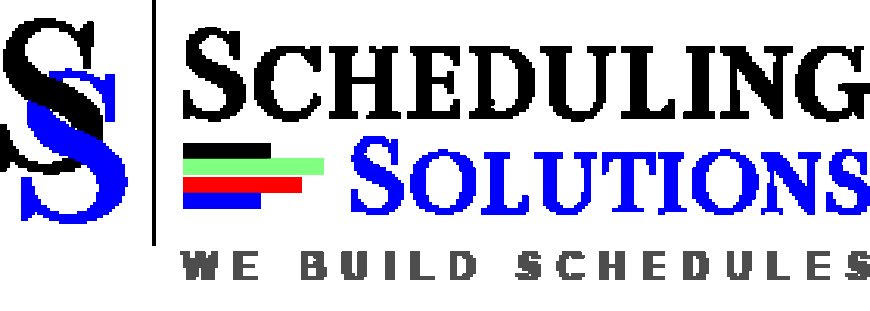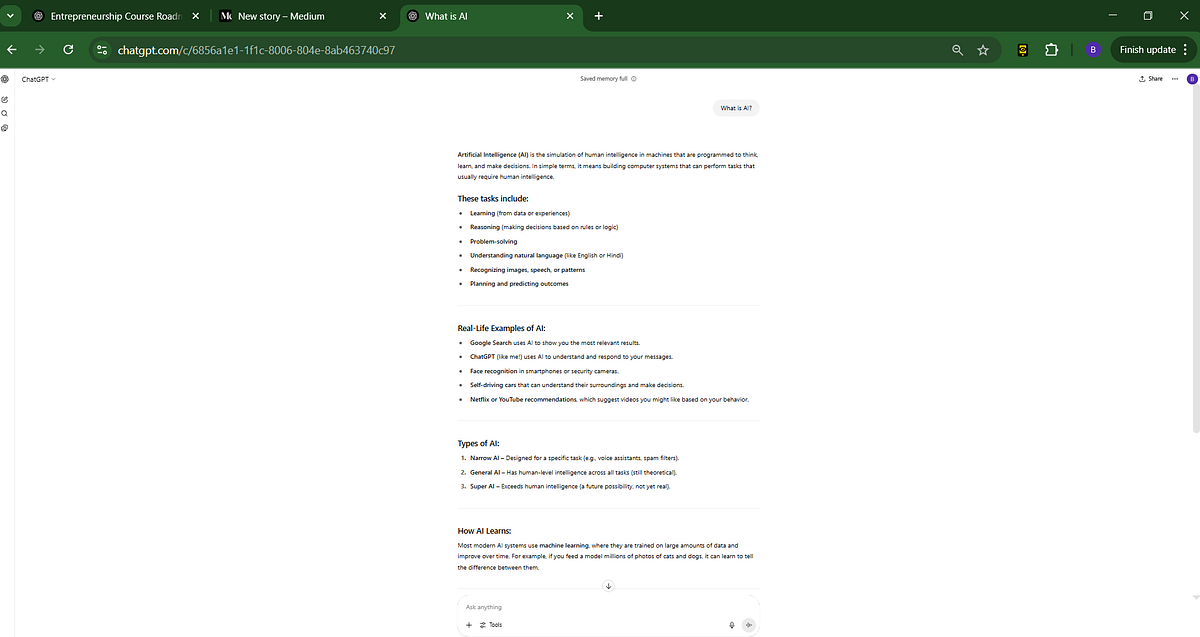Project Scheduling Professionals Driving Timely and Efficient Project Delivery
Explore the vital role of project scheduling professionals in managing timelines, minimizing risks, and ensuring successful project outcomes across industries.

In today’s fast-paced project environments, meeting deadlines is not just an expectation—it’s a business necessity. Whether in construction, IT, engineering, or manufacturing, the success of any project hinges on how well its timeline is planned and executed. Project Scheduling Professionals play a crucial role in making this happen. These individuals bring precision, technical expertise, and strategic planning to ensure projects are completed on time, within budget, and to scope. This article explores who these professionals are, what they do, and why they’re indispensable in modern project management.
Who Are Project Scheduling Professionals?
Project Scheduling Professionals (PSPs) are specialists trained in the science of scheduling. They plan, develop, and manage project timelines using advanced tools and techniques. More than just planners, they act as time managers, ensuring each phase of a project runs smoothly and aligns with contractual requirements, resource availability, and stakeholder expectations.
They typically hold certifications or backgrounds in project management, engineering, or construction, and often specialize in using tools like Primavera P6, Microsoft Project, or other scheduling platforms.
Roles and Responsibilities
-
Schedule Creation and Development
PSPs build comprehensive schedules based on project scope, drawings, and input from key stakeholders. This includes breaking down work into tasks, assigning durations, and sequencing based on logical relationships. -
Critical Path Analysis (CPM)
They identify the sequence of tasks that determines the shortest possible project duration, allowing them to focus resources where delays would be most damaging. -
Progress Tracking and Forecasting
PSPs compare actual progress with planned progress and adjust schedules accordingly to forecast completion and maintain targets. -
Resource and Cost Integration
They integrate schedules with cost and resource data to offer a complete view of project performance, enabling smarter decision-making. -
Delay Impact Analysis
When delays occur, they perform forensic schedule analysis to determine causes and develop recovery plans or extension of time (EOT) claims if needed.
Why Are Scheduling Professionals Essential?
-
Risk Management
PSPs help detect and resolve scheduling conflicts, resource overloads, and bottlenecks before they impact the project. -
Stakeholder Communication
Their schedules act as visual communication tools, aligning clients, contractors, and consultants around a single timeline. -
Contract Compliance
In many industries, detailed schedules are contractual deliverables, and PSPs ensure those obligations are met and properly documented. -
Cost Efficiency
Accurate scheduling prevents costly idle time, overtime, or rework caused by poor planning or sequencing. -
Continuous Improvement
PSPs analyze performance data to improve planning strategies in future projects, increasing overall efficiency and predictability.
Industries That Rely on Scheduling Professionals
-
Construction and Infrastructure
Where delays can lead to severe financial penalties and stakeholder disputes. -
Oil & Gas and Energy
In projects where safety, logistics, and regulatory compliance must be strictly timed. -
Information Technology
Especially in large-scale system implementations or phased rollouts. -
Manufacturing and Plant Operations
Where production downtime must be minimized through careful planning. -
Defense and Aerospace
Where complex systems and strict timelines demand advanced scheduling capabilities.
Top Tools Used by Project Scheduling Professionals
-
Primavera P6 – A standard for large-scale projects, especially in engineering and construction.
-
Microsoft Project – Versatile and widely adopted across industries.
-
Asta Powerproject – Popular in Europe, particularly for building projects.
-
Tilos – Used in linear infrastructure projects like roads, railways, and pipelines.
-
Smartsheet & ClickUp – Flexible cloud-based tools suited for mid-sized teams and modern workflows.
These tools help PSPs build detailed schedules, perform analysis, and communicate effectively with stakeholders.
Skills That Define Project Scheduling Professionals
-
Analytical Thinking – Ability to understand and manage complex interdependencies.
-
Attention to Detail – Every task, duration, and relationship must be precise.
-
Software Proficiency – Deep understanding of scheduling platforms.
-
Communication Skills – To explain complex timelines to diverse audiences.
-
Adaptability – Ability to respond quickly to scope changes or site challenges.
How to Become a Project Scheduling Professional
Becoming a PSP typically involves experience in project environments combined with formal training. Many professionals pursue:
-
PSP Certification from AACE International
-
PMI-SP (Scheduling Professional) certification from the Project Management Institute
-
Specialized courses in Primavera P6, Microsoft Project, or construction planning
These credentials validate a professional’s expertise and increase their value in the job market.
Conclusion
Project Scheduling Professionals are key players in the successful delivery of modern projects. With their expertise, organizations gain control over timelines, costs, and risks—ensuring that projects progress in an organized and efficient manner. In a world where deadlines matter more than ever, investing in skilled scheduling professionals is a strategic decision that leads to lasting project success.


































































![https //g.co/recover for help [1-866-719-1006]](https://newsquo.com/uploads/images/202506/image_430x256_684949454da3e.jpg)

























![How Smart PMs Scale Their Careers in Any Org [TPG Live Recap]](https://tpgblog.com/wp-content/uploads/2025/06/2025-06-12-thumbnail-action.png?#)




















































